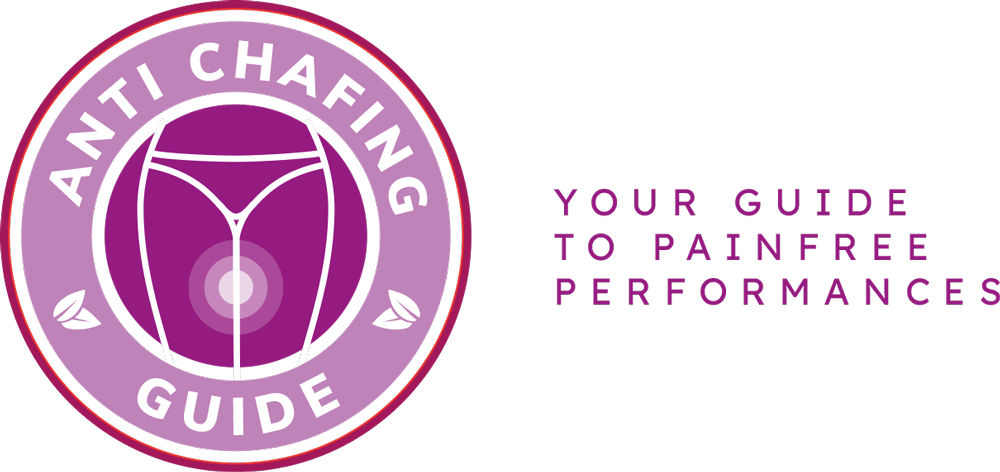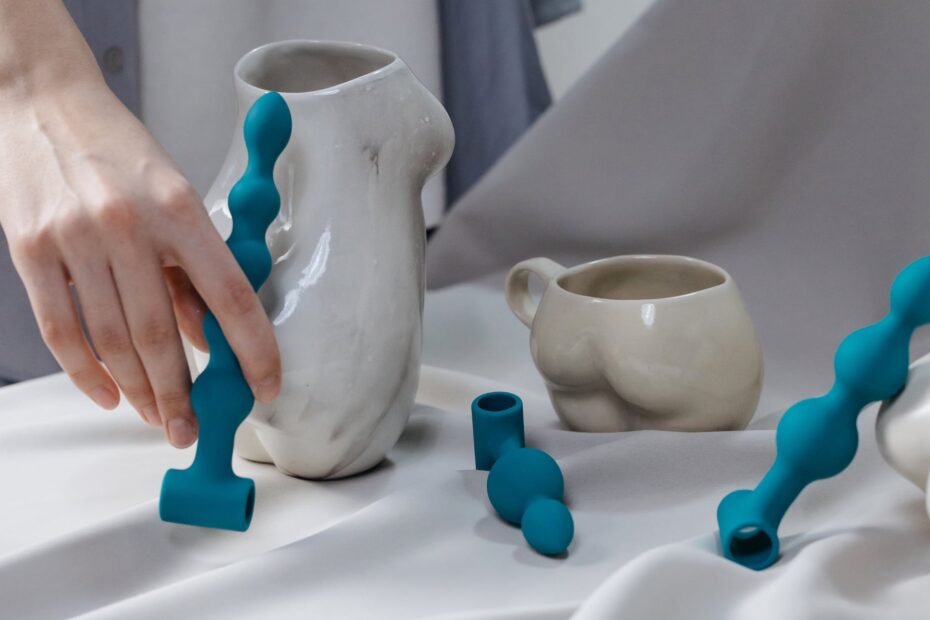Banish the Burn: Unveiling Top Tips to Soothe Annoying Anal Chafing for Good!
Are you tired of dealing with the discomfort and irritation caused by anal chafing? Look no further! In this article, we will reveal effective ways to relieve and prevent anal chafing, ensuring that you can enjoy a chafe-free life.
Anal chafing is a common condition that can cause a burning sensation and discomfort in the anal area. It is often caused by friction between the skin and clothing, excessive moisture, or inadequate hygiene. But fret not, there are steps you can take to soothe the burning sensation and keep your skin healthy and irritation-free.
To relieve anal chafing, it is crucial to keep the affected area clean and dry. Gently wash the area with mild soap and water, pat it dry, and avoid rubbing. Applying a soothing ointment or cream can also provide relief and promote healing.
Prevention is key when it comes to anal chafing. Wearing loose-fitting, breathable clothing can help reduce friction and moisture buildup. Opt for moisture-wicking fabrics and avoid tight underwear or pants. Additionally, practicing good hygiene, such as regular cleansing and using talcum powder, can prevent chafing from occurring.
Remember, taking care of your skin is essential for preventing and soothing anal chafing. By following these tips and adopting healthy habits, you can banish the burn and keep your skin happy and irritation-free!
Understanding Anal Chafing
Understanding Anal Chafing
Anal chafing is a common and uncomfortable condition that can cause significant discomfort. It occurs when the skin around the anus becomes irritated and inflamed due to friction or moisture. There are several factors that can contribute to anal chafing, including excessive sweating, tight clothing, and prolonged sitting. Additionally, certain medical conditions such as diarrhea or hemorrhoids can increase the risk of developing anal chafing.
Some of the symptoms of anal chafing include redness, itching, and a burning sensation in the affected area. If left untreated, anal chafing can lead to more serious complications, such as skin infections. It is important to identify and address anal chafing early on to prevent further discomfort and complications.
To identify anal chafing, look for signs of redness, swelling, and tenderness around the anus. If you experience persistent itching or a burning sensation, it is recommended to consult a healthcare professional for a proper diagnosis and treatment plan.
To prevent anal chafing, it is important to keep the anal area clean and dry. Avoid wearing tight-fitting clothing and opt for breathable fabrics. Applying a protective barrier cream or ointment can also help reduce friction and irritation. Additionally, maintaining good hygiene practices, such as wiping gently after bowel movements and avoiding excessive moisture, can help prevent anal chafing.
By understanding the causes, symptoms, and risk factors associated with anal chafing, you can take proactive steps to prevent and manage this uncomfortable condition. Remember to listen to your body and seek medical advice if you experience persistent discomfort or symptoms.
Preventing Anal Chafing
Preventing Anal Chafing
When it comes to avoiding the discomfort of anal chafing, taking proactive measures is key. By following these simple tips, you can minimize the risk of this irritating condition and keep your skin healthy and irritation-free.
- Maintain Proper Hygiene: Regularly clean the anal area with mild soap and water. Be gentle and avoid scrubbing vigorously to prevent further irritation.
- Choose Suitable Clothing: Opt for loose-fitting, breathable underwear made from natural fabrics like cotton. This allows for better air circulation and reduces friction against the skin.
- Use Suitable Products: Consider using talcum powder or a moisture-absorbing product to keep the area dry and prevent excessive sweating, which can contribute to chafing.
- Adopt Healthy Habits: Stay hydrated to maintain overall skin health. Avoid prolonged sitting or standing, as this can increase friction and exacerbate chafing. Taking breaks and moving around can help alleviate pressure on the anal area.
By incorporating these preventive measures into your daily routine, you can banish the burn of anal chafing and enjoy a comfortable and irritation-free experience.
Frequently Asked Questions
- What is anal chafing?
Anal chafing is a common condition characterized by irritation and soreness in the anal area. It occurs when the skin in that region rubs against clothing or other surfaces, leading to friction and discomfort.
- What are the common causes of anal chafing?
Anal chafing can be caused by various factors, including excessive moisture, tight clothing, vigorous physical activity, and inadequate hygiene. It can also be a symptom of underlying skin conditions like dermatitis or eczema.
- How can I identify anal chafing?
Anal chafing is typically characterized by symptoms such as redness, itching, burning sensation, and sometimes even the development of a rash. If you experience these symptoms in the anal area, it is likely that you are dealing with anal chafing.
- What can I do to relieve anal chafing?
To soothe anal chafing, it is important to keep the affected area clean and dry. Applying a gentle, fragrance-free moisturizer or barrier cream can help protect the skin and promote healing. Wearing loose-fitting, breathable clothing and avoiding activities that exacerbate friction can also provide relief.
- How can I prevent anal chafing from occurring?
Preventing anal chafing involves taking proactive measures. Some tips include keeping the anal area clean and dry, using talcum powder or cornstarch to absorb moisture, wearing loose-fitting underwear made of breathable fabrics, and using lubrication during sexual activities to reduce friction.
- When should I seek medical attention for anal chafing?
If the symptoms of anal chafing persist or worsen despite self-care measures, it is advisable to consult a healthcare professional. Additionally, if you notice signs of infection such as pus, increased pain, or fever, seeking medical attention is crucial.


Keith is originally from Truckton, Colorado. The 54-year-old cared for his overweight wife for many years. Keitch is also a freelance editor at antichafing.net and supports the team as a competent advisor. In his spare time Keith enjoys reading books, visiting his homeland and is a passionate product tester for well-known manufacturers.

